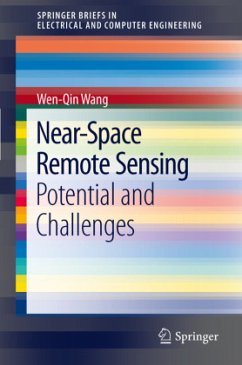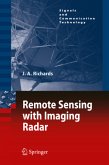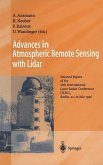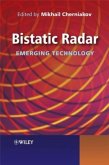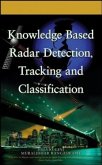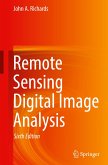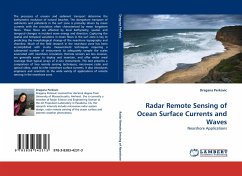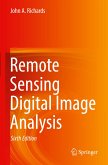Near-space is defined as the atmospheric region from about 20 kilometer (km) altitude to 100 km altitude above the Earth's surface. It has received much attention in recent years and several types of near-space vehicles are currently being studied, developed, or employed. "Near-Space Remote Sensing: Potential and Challenges" concentrates mainly on the role of near-space vehicles in bridging the gap between satellites and airplanes for microwave remote sensing applications, providing a top-level system description and aiming to encourage further research. Further, this book also describes several potential applications such as passive surveillance, reconnaissance, and high resolution wide swath remote imaging.
The book is intended for geographers, transportation engineers and other researchers involved in remote sensing development and applications, in particular for near-space vehicles.
Wen-Qin Wang is an assistant professor at the School of Communication and Information Engineering, University of Electronic Science and Technology of China.
The book is intended for geographers, transportation engineers and other researchers involved in remote sensing development and applications, in particular for near-space vehicles.
Wen-Qin Wang is an assistant professor at the School of Communication and Information Engineering, University of Electronic Science and Technology of China.

